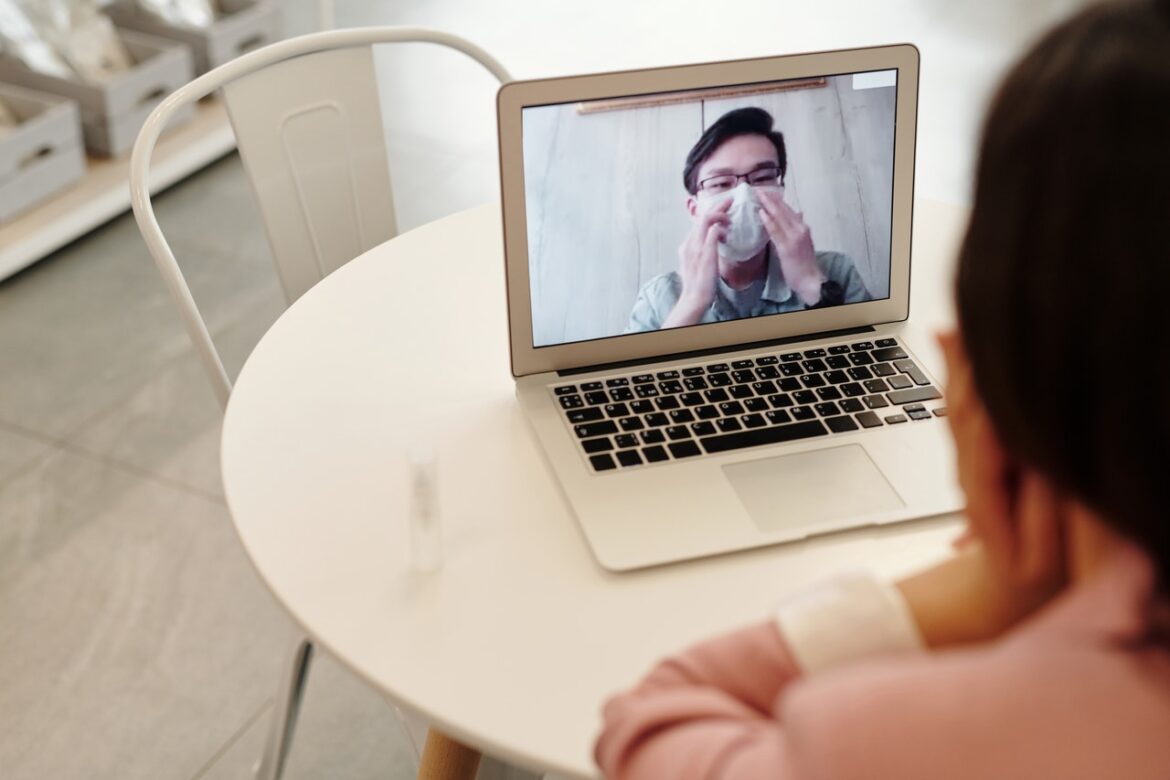If the COVID-19 pandemic has proven anything beyond the shadow of a doubt, it’s the vital necessity of accessible healthcare throughout the country. The spread of the virus, as well as its corollary effects across the whole economy, have shown that everyone is connected to the health industry in some way. As such, privacy and security concerns in telehealth have wide reaching implications not just for telehealth and telemedicine companies, but for society at large.
Telemedicine and Cybersecurity
The current Covid-19 Virus pandemic has altered our way of life. After an almost global shutdown in an attempt to lessen the explosive spread of the virus, governments are, months later, slowly easing lockdown measures with a gradual return to normal activities. Technology has provided alternatives by helping businesses and organizations to either adopt more technology tools or transition into full virtual operations. Healthcare, among other sectors, has benefited. After rising mortality rates and pressure on hospital facilities, access to healthcare services had taken a nosedive.
Telemedicine is the future of healthcare. With it, providers are now able to deliver health-related services and information to patients anywhere, anytime. However, with new technologies come new cyberthreats. Providers have to be diligent in order to manage and allay patients’ privacy and security concerns in telehealth.
For healthcare providers securing and protecting electronic personal health information (ePHI) is a formidable challenge—one that’s been made even more difficult by the industry-wide integration of telemedicine services. Now, as ePHI is digitally disseminated in real-time via telecommunication platforms, there are new variables added to the security and compliance equation.



